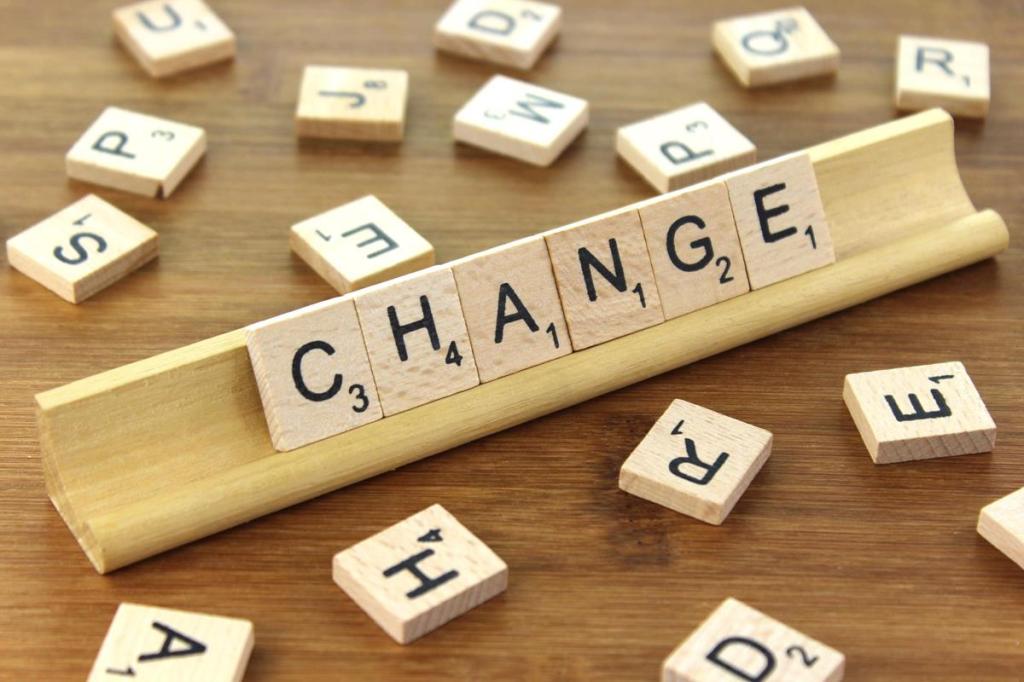
Many America families have a child with intellectual disabilities (ID) – autism, Downs Syndrome, a traumatic head injury, and many other conditions. These children may never fully developing their mental capabilities. They will grow older, but they may never fully grow up mentally. FOr the rest of their lives, they will have greater challenges in making friends, fitting into their community, getting a job, finding a home, and… getting the services they need to lead a meaningful life.
Is this a result of Trump’s war against health care? Well, not really. The 2017 budget actually had an increase in funding for special education. Which is, strangely, a part of the problem.
Not that long ago, being born with ID didn’t just mean that a child would have a difficult life, it meant that this child’s life would also be very short. Few ID children lived past the age of 21. Naturally, with few ID adults, there were few services for ID adults. But that was decades ago, in the last century.
Today, advances in healthcare have dramatically improved the lifespans of ID adults. Living into their 40s, 50s, and beyond is now common. Medicine has doubled their lifetime. It is a scientific miracle! But, the organizations that provide services for ID adults haven’t caught up. They are still working with the demographics of the last century. Its as if these millions of adults did not exist.
The previously mentioned increase in Federal funding goes primarily to the department of education, to pay for children’s services. Which is a good thing, since EVERYONE with ID needs more funding and services. But it does nothing for children who will turn 21 this year.
At 21, everything ends. There are no more school programs. A severely disabled child that and in a boarding school, they lose their home. Why? One reason is that some years ago something called deinstitutionalization happened. A lot of hospitals and facilities did a very poor job of looking after their patients. Mental hospitals, such as Willowbrook, became synonymous with abuse.
Since the 1970s, reformers have been working to close large hospitals and institutions that serve individuals with mental and intellectual disabilities. When new drugs were developed to help dangerous schizophrenic patients with a history of violence, it made sense to close prison type institutions.
However, individuals with Autism and similar intellectual disabilities were just beginning to be diagnosed in the 1970s. Unlike schizophrenia, the ID population is rarely violent. They have been stuck in between the deinstitutionalization movement (which is closing institutions) and a rapidly growing number of autistic adults.
There are indeed many former mental patients that can live independently with medication and support services. Unfortunately, while the idea of moving these patients into the community is not necessarily wrong, the money needed for this support just isn’t there.
For severely ID adults, who may not be able to feed themselves, let alone live independently, there are virtually no beds or services. According to a recent Psychology Today article, “the US now has only 3.5% as many state hospital beds as it did 60 years ago. We have closed over 500,000 beds, without providing sufficient community services and adequate housing to pick up the slack.”
If that seems like a paltry number of beds, the reality is worse. Apparently half of these beds are only available to individuals who are in the correctional system or are awaiting trial.
If institutions don’t work, and deinstitutionalization was never funded, what’s next for ID adults? The answer, unfortunately, is, “Not Much”. Parents, providers, and even governement agencies seem to know what doesn’t work. Yet, a new system has as yet to arise to disrupt the industry.
Maybe, just maybe, that disrupter has arrived. It’s very early days, but A new group called “Nicky’s Gardens of Hope” has started working on that solution. They’ve developed a different way to fund services and what may be a better way to deliver services to ID adults. They’ve got a long, long road ahead of them, but they just might be onto something new!
Do you have an autistic or ID child that will soon be an adult? Interested in finding out more? You can contact Nicky’s Gardens of Hope …here!
